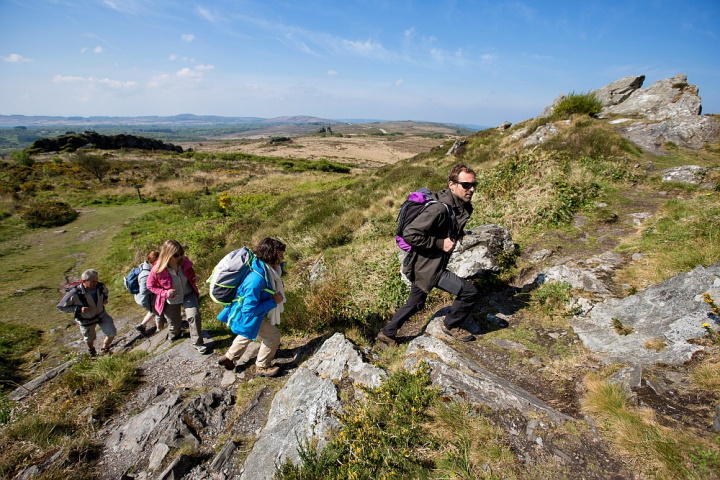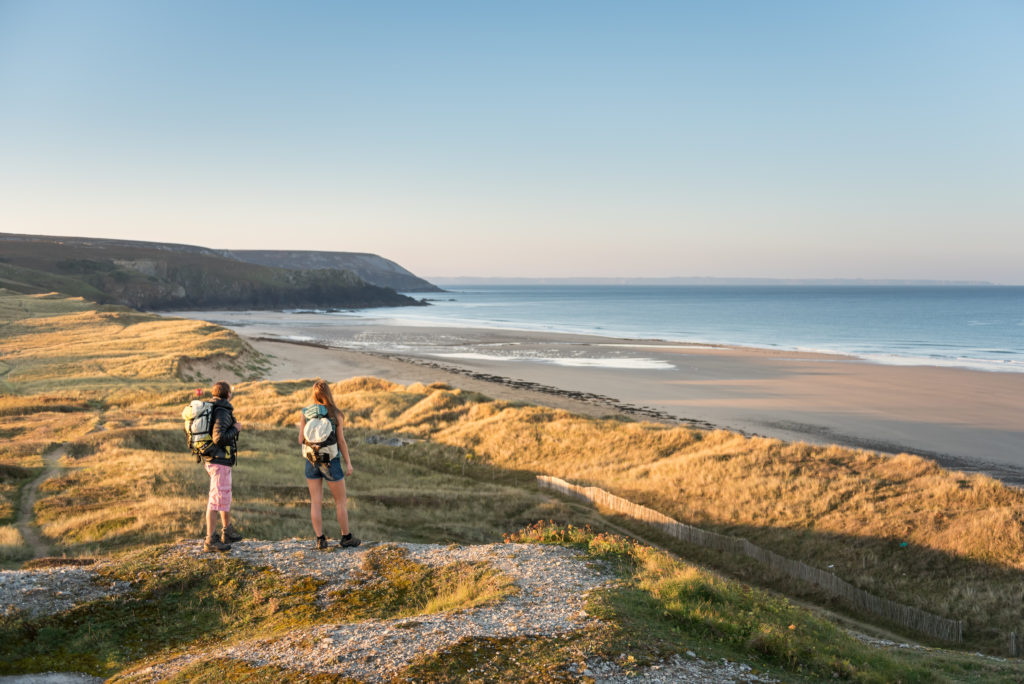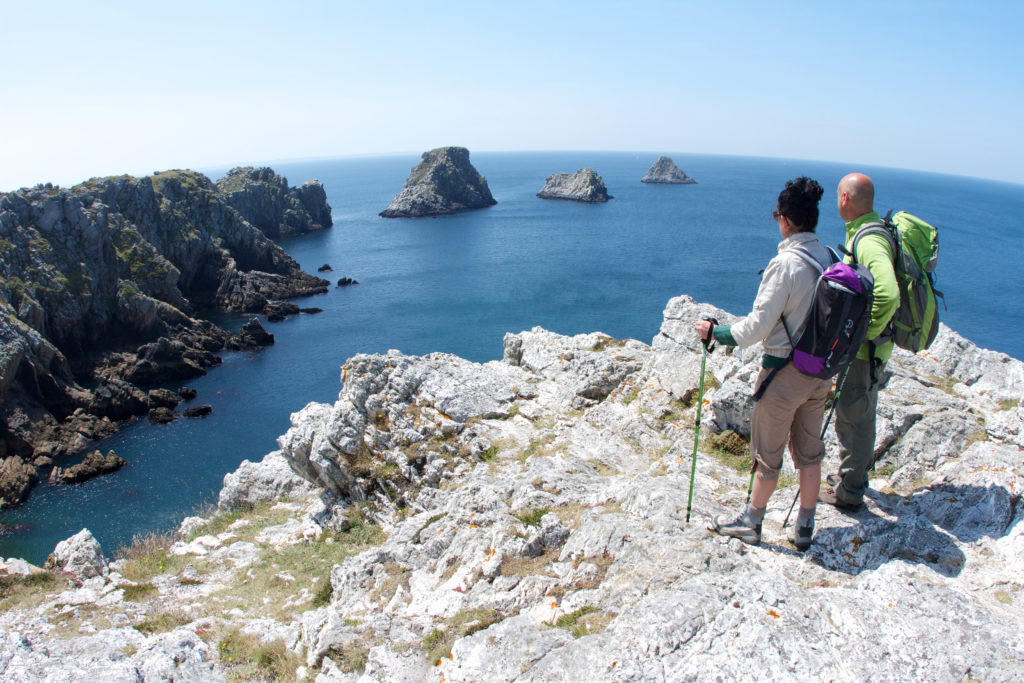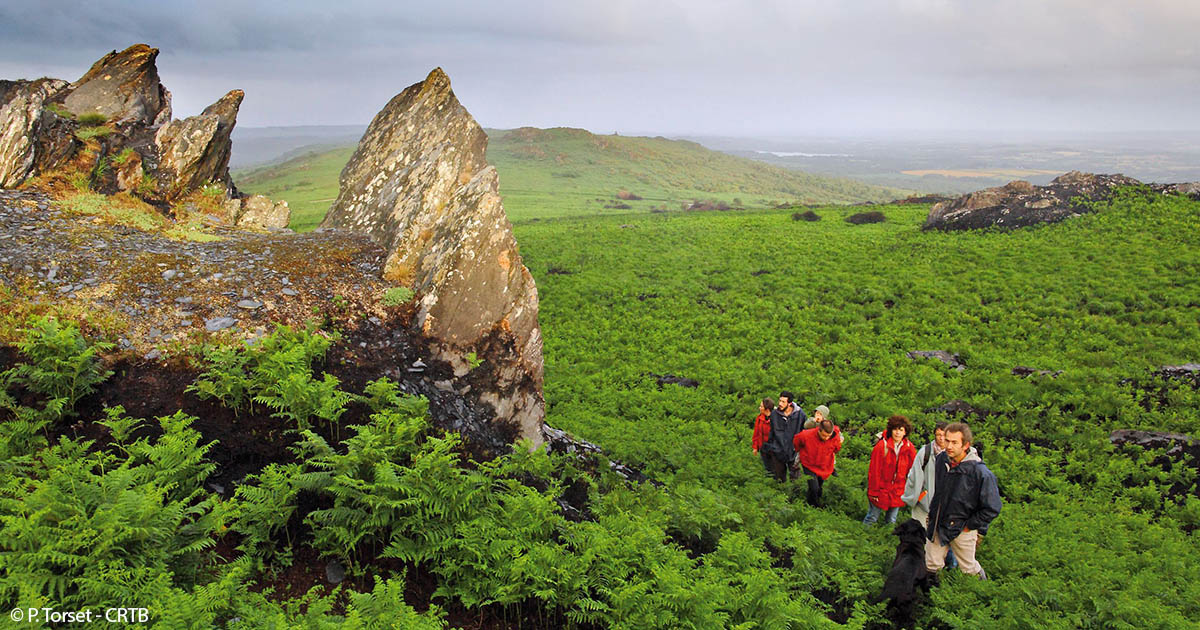Interreg’s support for a sustainable and competitive tourism
The tourism industry has been hit with a number of hurdles: from the COVID-19 pandemic to environmental threats and mass tourism impacting local communities and threatening fragile entire ecosystems, especially in coastal and mountain zones.
Tourism is one of the fastest growing and largest industries in the world, with Europe being the world’s primary tourism destination. Pre-pandemic the sector contributed 10% to global GDP and provided around 1 in 10 jobs, playing a major part in growth and job creation around the globe.
The pressing need for the sector to adapt and remain resilient was highlighted at the G20 Tourism Ministers Meeting in early July 2021. The meeting, which brought together Ministers of Tourism, led to the endorsement of a set of guidelines for the future of tourism. These guidelines, developed in collaboration with the Organization for Economic Cooperation and Development (OECD), underlined the necessity for States to implement more sustainable policies for their touristic industries by developing better mechanisms for the green and digital transformation of the tourism sector, which requires adequate governmental investment and infrastructure.
Sustainability and digitalisation at the heart of current national tourism policies
For France and the UK, in which the tourism sector represents a significant part of the economy (amounting respectively to 7,4% and 9% of GDP), the COVID-19 pandemic has been a turning point for the design of more sustainable and innovative tourism policies which are consistent with the commitments made under the Paris Agreement. Those new strategies, designed to be implemented in collaboration with the private sector and local authorities, are highlighted in the UK Governments’ 2021 Tourism Recovery Plan and in the French Governments’ 2020 Recovery Plan for the actors of the tourism sector. These plans share common priorities around increasing digitalisation and responding to exponential demand for nature while continuing to protect the fragile natural and cultural heritage assets of territories and creating lasting economic and community benefits.

More specifically, the UK government underscored the will to make full use of digital technology to engage new audiences, enhance the visitor experience and provide a new offer, and also to contribute to the preservation of its cultural, natural and historic heritage and minimise damage to the environment. Meanwhile, the focus of France’s new measures is fostering the emergence of a more sustainable and digital tourism and ensuring it spreads evenly across the country. In France, this is achieved through a €50 million sustainable tourism fund which covers the private sector’s costs of investments for the transition and development of sustainable tourism projects which participate in preserving built and natural assets.
The European Union has demonstrated commitment to preserving and promoting Europe’s cultural heritage as well as encouraging the development of a more sustainable tourism through programmes or initiatives such as the 2020 European Tourism Convention and European Commission communication’s Agenda for a sustainable and competitive European tourism establishing priority actions for the sector. The 2020 Convention launched a dialogue on the strategic orientations for the tourism of tomorrow, including sustainability and digitalization. However, as policy- making in this area is primarily the responsibility of Member States or regional and local authorities, the EU can only assist and complement the actions of Member States in the implementation of sustainable cultural tourism. This is where European funding opportunities and especially Interreg funding, through the European Regional Development Fund (ERDF), come into play.
These European funding initiatives are indeed supporting Member States in the implementation of tangible, sustainable and local strategies on the ground that could otherwise stay underfunded. This is done by involving local stakeholders to develop innovative and cross-border solutions that will ensure results benefit both the local population and economy but also cultural and natural heritage through good conservation practices.

Developing sustainable and digitalised tourism in the Channel area through cross-border funding
In the Channel area, the ERDF-financed Interreg France (Channel) England Programme 2014-2023 (FCE Programme) is supporting the EU’s visions as well as French and UK national sustainable tourism strategies by funding innovative cross-border projects for the benefit of the Channel area and beyond, as findings and good practices will be shared with neighbouring countries and actors.
In the Channel regions of France and England, coastal regions and natural sites like Biosphere reserves and Geoparks attract over 20 million visitors per year, thus requiring a particular strategy to monitor visitor impact in these sensitive areas as the COVID-19 pandemic led to an ever growing demand for nature tourism. To act on this, the Interreg FCE Programme has funded three cross-border projects focused on delivering innovative solutions to build a new sustainable tourism model.
First, the €1,2 million project USAC (UNESCO Sites Across the Channel) project is developing new sustainable tourism activities in four Biosphere Reserves or Geoparks around the Channel which are celebrating and protecting biodiversity and the landscape. Those experiences, which include heritage-based events (artistic festivals, exhibitions), discovery tours, nature hikes, geocaching, farm stays and out-of-season activities, are doing so by limiting the negative effects of tourism on coastal and sensitives sites while benefitting the local communities and economies, generating revenues and supporting new jobs. The project also helps other biospheres to achieve UNESCO status, which is essential for future preservation and ensuring heritage is prioritised. The importance of which cannot be understated when recent reports suggest that UK cultural landmarks, such as Stonehenge, could be stripped of their coveted UNESCO’s World Heritage Status.
Moreover, €4,3 million BCHT (Bio-Cultural Heritage Tourism) project is developing a new sustainable way of managing tourism in four Biosphere reserves across the Channel by monitoring visitors flows and therefore protecting sensitive environmental sites. The project is using a planning tool to influence the behaviour of visitors to attract them in less sensitive areas while creating a range of products and activities based on the concept of “bio-cultural heritage”, benefitting local tourism businesses on the long term.

Furthermore, €23,3 million EXPERIENCE project is testing and launching new off-season offers to extend the tourism season and attract more visitors to six areas across England and France between the months of October and March through an innovative and sustainable ‘experiential tourism’ approach using low-carbon options and recycled materials. These initiatives are boosting local economies through increased spending on regional experiences, accommodation and eateries, and the creation of year-round jobs. They are also helping to spread out tourist flows, helping to preserve the environment. The revenue generated by the initiatives is fed back into the local economy which is helping protect and maintain the natural and cultural attractions. Last but not least, the Interreg FCE Programme is also addressing the growing demand for digital and technological transition in the cultural sector, partially due to the COVID-19 pandemic, by financing the project VISTA AR.
The €8.3 million VISTA AR project is developing and implementing augmented reality (AR) and virtual reality (VR) experiences and tools for tourist attractions in cultural heritage sites in England and France, creating new virtual experiences. The intention is to increase visitor numbers and revenue, while enhancing the visitor experience, using tools to allow site managers to gain insight into their visitors. These initiatives have the potential to facilitate access and participation in culture, while reducing on-site visitor flows in sensitive cultural heritage attractions, helping to preserve them and to adapt to new COVID-19 restrictive attendance measures. Preparing tourism for the digital future will also lead to the creation of new jobs in the sector, as the installation, use and maintenance of these technological devices will demand a new type of workforce, thus participating in economic growth.
In coastal regions, where mass tourism is leading to high environmental pressures, these transnational projects funded by the Interreg FCE Programme are reducing the negative impacts of, and protecting, natural and cultural assets. They also help to boost the local sustainable economy by strengthening the local tourism offer and developing new products, services and activities in collaboration with local businesses and communities. These projects provide tangible examples of how French, UK and EU policy goals can be realised at a regional level to foster a prosperous and sustainable tourism industry throughout the EU and beyond.

